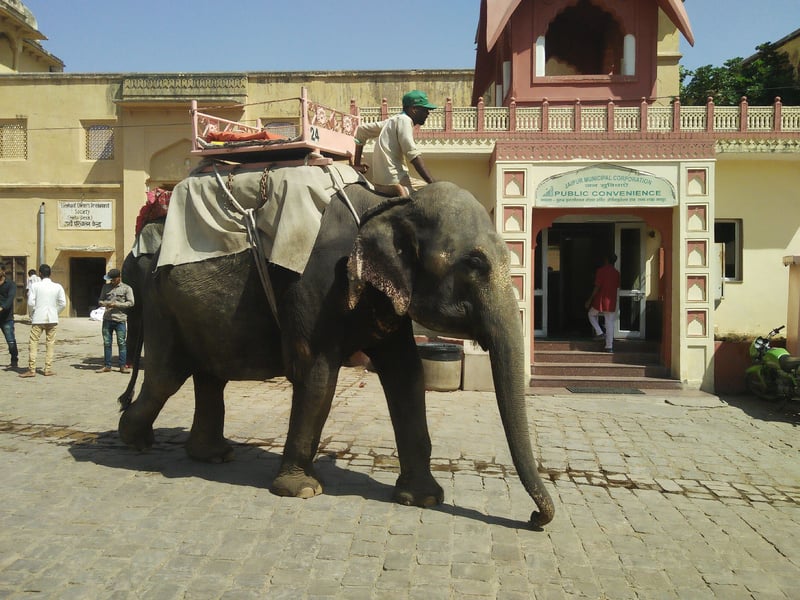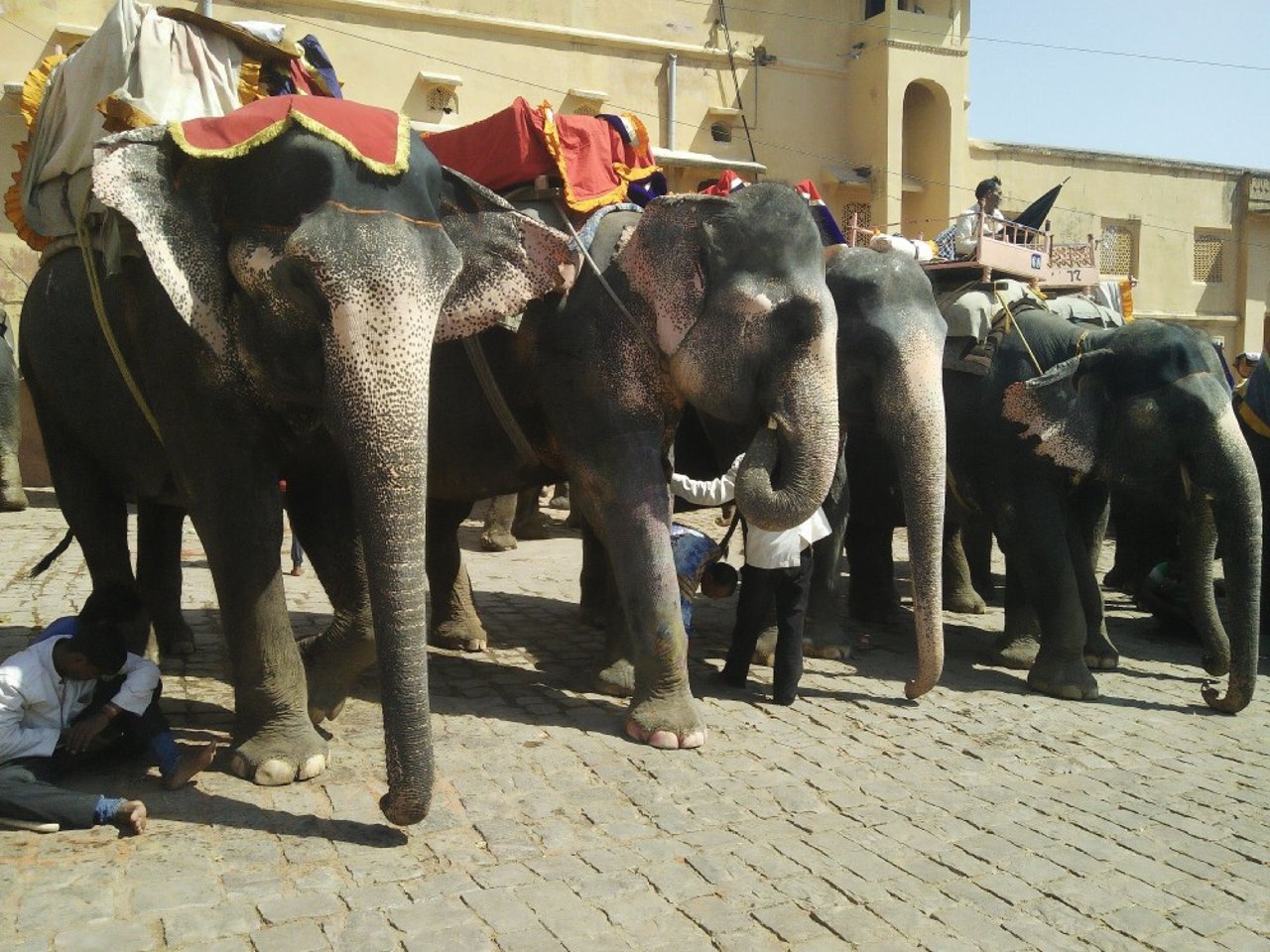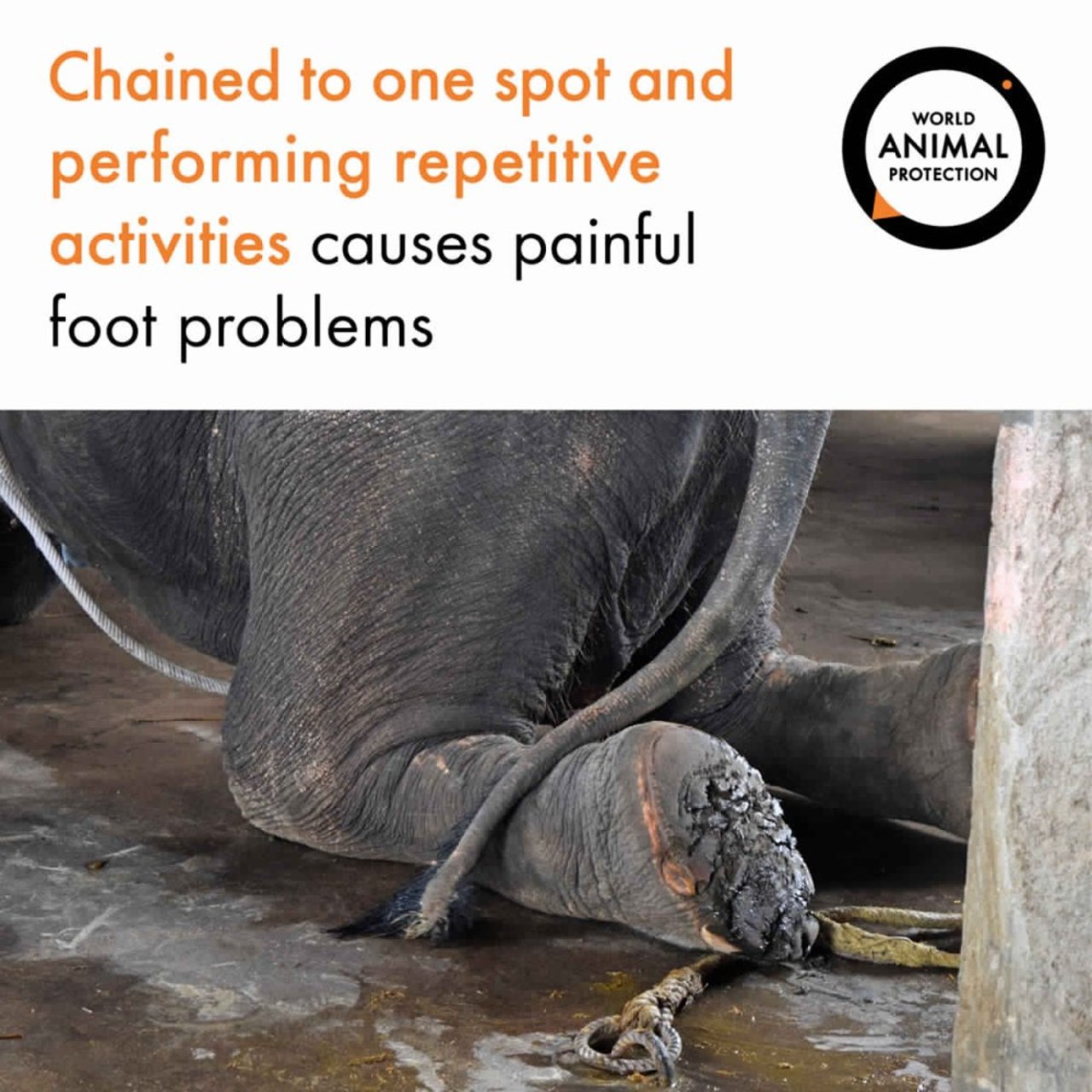
A recent Punjab and Haryana High Court judgment on 31st May 2019 states that animals can be considered as persons and are entitled to the same rights as humans.
This is one among a series of legal developments in India and abroad that indicate that the traditional concept of treating animals as ‘things’ is changing and that we are moving toward a more respectful approach to non-human creatures. The case between Animal Welfare Board of India versus Nagaraja 2014 in Supreme Court of India stated the following : The court recognized that Sections 3 and 11 of the Prevention of Cruelty to Animals Act, 1960 confer corresponding rights on animals as against the persons-in-charge or care, as well as Animal Welfare Board of India, to ensure their well being and to not be inflicted with any unnecessary pain or suffering or cruelty as provided by Section 11. The Apex Court opined that animals also have intrinsic value and worth that humans ought to recognize. Stress was also laid on the protection of the dignity of animals in our treatment of them.
The Doctrine of Parens Patriae
Emphasis was laid on the doctrine of Parens Patriae. The Court has a duty under the doctrine of Parens Patriae to take care of the rights of animals since they are unable to take care of themselves as compared to human beings. In a judgement dated 4th July 2018, the Uttarakhand High Court stated that animals are legal entities with rights. In Tamil Nadu, there was a plan by FIAPO(Federation of Indian Animal Protection Organisations) to appeal to the Forest Minister and the Forest Department to rehabilitate Masini, a captive elephant owned by a temple in Trichy, as she was entitled to right to a dignified life and bodily liberty and that she should have been seen as a legal person. FIAPO were also open to litigating in the Court to get the Court to declare her as a legal person. This was boosted by the Uttarakhand judgement, and the timing for this seemed right.
These cases are also in consonance with international movements elsewhere in the world that are intent on declaring animals as sentient beings whose status is being elevated from that of inanimate possessions to that of complex living beings capable of expressing many of the same emotions and feelings that humans do.The matter of personhood for non-human animals
In the USA, the matter of personhood for non-human animals is spearheaded by Steven Wise, who heads the Non-Human Rights Project. This unique initiative seeks to change the status of some specific animals from things(chattels) to persons in the American courts of law. These include great apes, elephants, cetaceans like dolphins and killer whales and African Grey Parrots. One principal criterion for choosing these species is that they have cognitive qualities that make themselves aware like humans.
Non-Human Rights legal initiatives have tried to bring about better living conditions for chimpanzees held in the USA. Right now, they are trying to help a female Asian Elephant named Happy residing in Bronx Zoo in New York by shifting her from the confines of the zoo to a sanctuary. Given the fact that elephants are wide-ranging creatures that can walk for more than 20 km in a day in search of food, are socially closely knit and display many emotions and patterns of behaviour that were considered uniquely human at one point of time, make them worthy of a particular consideration of the non-human personhood status.
Elephants in India
This is also very much the case for elephants in India where elephants are badly abused in a variety of situations. Let us hope that the latest court proceedings bring about an end to elephant rides in Amer fort in Jaipur and pave the way for better treatment of all animals in all situations.

